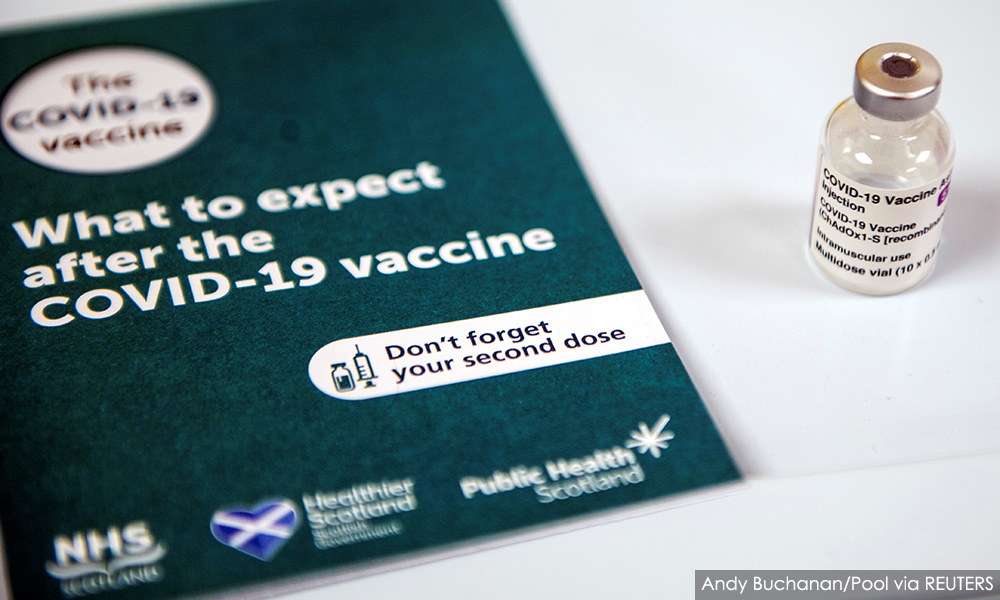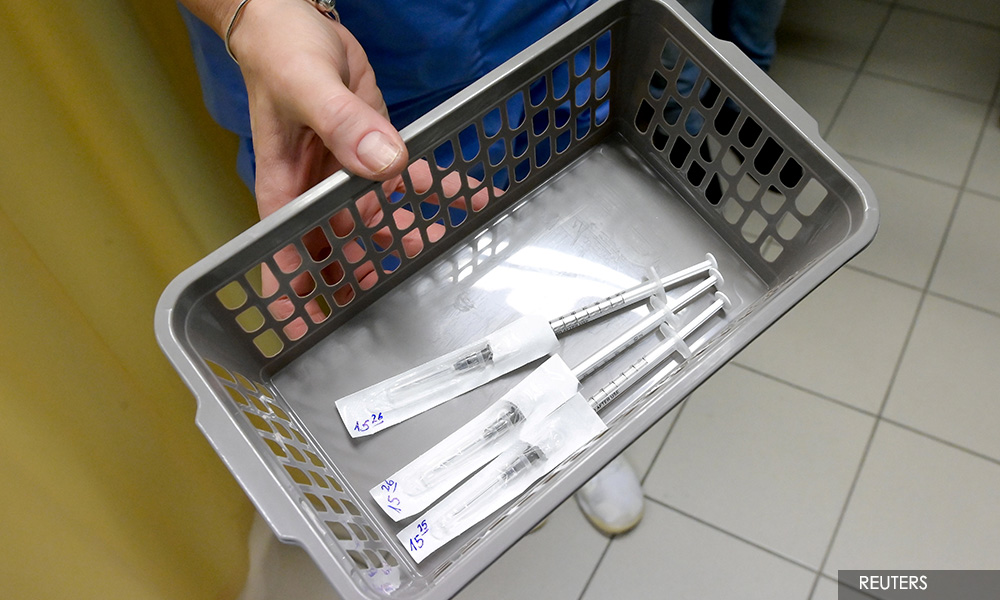The Sarawak Health Department is looking for 400 healthy volunteers to take part in a Covid-19 vaccine trial based at the Sarawak General Hospital (SGH) in Kuching.
Borneo Post quoted the department’s director, Dr Chin Zin Hing, as saying yesterday that the trial is slated to begin from early to mid-January this year.
“As long as he or she is healthy and would like to participate, the volunteer can WhatsApp SGH at 012-3108108 to find out more about this trial,” Chin is quoted as saying.
The trial participants will be expected to make six visits to the SGH for the duration of the trial.
Chin reportedly said the hospital is one of nine centres nationwide that is participating in the trial. The Sarawak arm of the trial would be led by the hospital’s infectious disease physician Dr Chua Hock Hin.
“However, this is just a trial or study and not vaccination per se, as the vaccine has not been approved for the market yet,” he said.
The report said Chin declined to name the vaccine being tested, but a check by Malaysiakini found that the only Covid-19 vaccine trial registered in Malaysia is a Phase III trial involving a vaccine candidate developed by the Institute of Medical Biology Chinese Academy of Medical Sciences (IMBCAMS).
Prime Minister Muhyiddin Yassin announced on Nov 27 last year that the vaccine trial, Malaysia’s first, would be carried out nationwide, as part of a government-to-government agreement with China.
Apart from SGH, other hospitals participating in the trial are Penang Hospital, Raja Permaisuri Bainun Hospital (Perak), Seberang Jaya Hospital (Penang), Sultanah Bahiyah Hospital (Kedah), Sungai Buloh Hospital (Selangor), Taiping Hospital (Perak), Ampang Hospital (Selangor).

The study aims to recruit 3,000 volunteers in Malaysia, and the vaccine candidate can only be imported after the National Pharmaceutical Regulatory Agency is satisfied with its safety profile and issues a Clinical Trial Import Licence.
The Medical Research Ethical Committee would be tasked with ensuring that the study adheres to ethical guidelines.
The study is part of a much larger trial that would involve 34,020 participants in China, Malaysia and Brazil. All participants must be at least 18 years old.
According to publicly available information, the trial calls for half of the trial’s participants to be randomly assigned to receive the vaccine or a placebo.
Each group would be injected with the assigned substance in two doses, 14 days apart. As per best practices for such studies, neither the volunteer nor his caregiver would know what each volunteer received, to avoid inadvertently biasing the results.
Participants would be observed for potential safety issues from the first dose to 28 days after the second dose. In addition, participants would be followed up for up to 12 months after the second dose to look for signs of serious adverse events after vaccination.

They would also be monitored for both Covid-19 symptoms or positive test results, to assess the efficacy of the vaccine candidate.
The vaccine comprises laboratory-grown specimens of the virus that causes Covid-19, which had been inactivated in hopes of triggering the body’s immune response without the risk of infection.
IMBCAMS researchers have already reported the findings of the earlier Phase II trial on the same vaccine on Nov 9 last year, in the journal Clinical Infectious Diseases.
The China-based researchers said they managed to enrol 742 participants, aged between 18 and 59 years, for the Phase II trial and found that it produced the desired antibody response.
Participants reported adverse reactions, such as pain and redness at the injection side, while a few also reported fever and fatigue. Nevertheless, no serious adverse events were reported after the vaccination.
However, Phase II trials are only designed to determine the appropriate dosage for the vaccine and help spot common safety issues that might crop up.
The much larger Phase III trial is still needed to determine the efficacy of the vaccine against Covid-19 and help spot rarer adverse events.
Phase III trials are the last step prior to regulatory approval of any pharmaceutical product, including vaccines. - Mkini




No comments:
Post a Comment
Note: Only a member of this blog may post a comment.